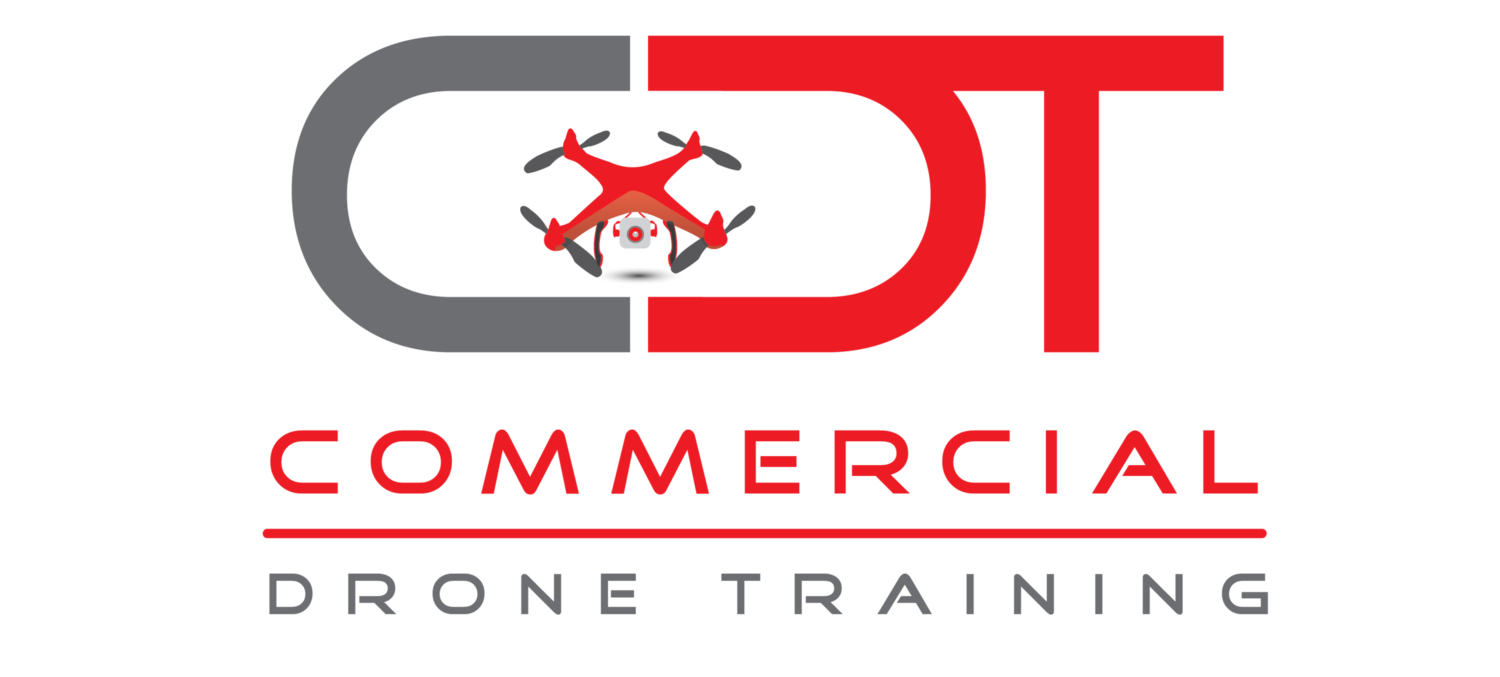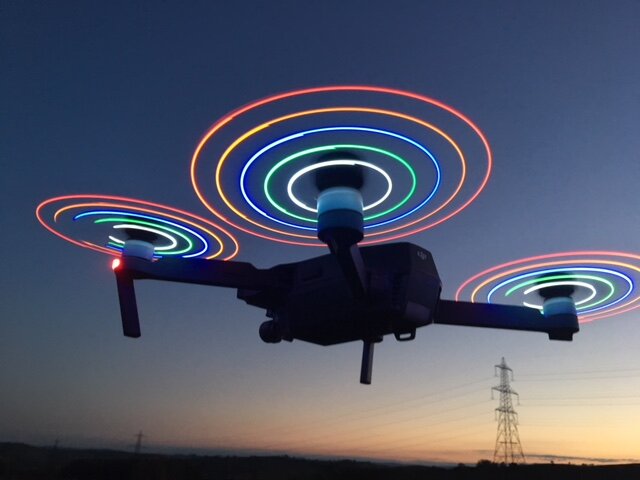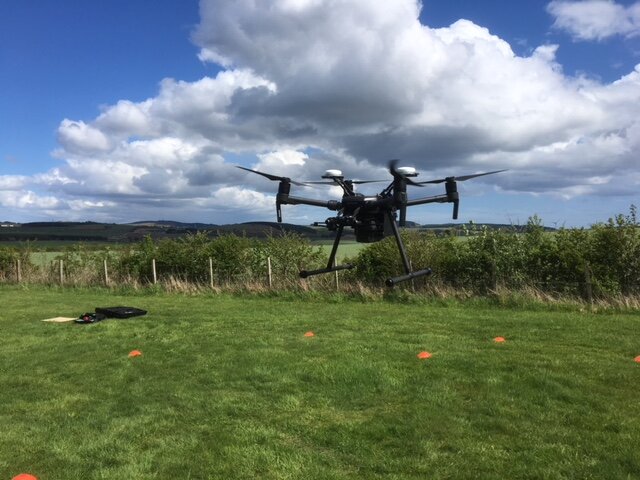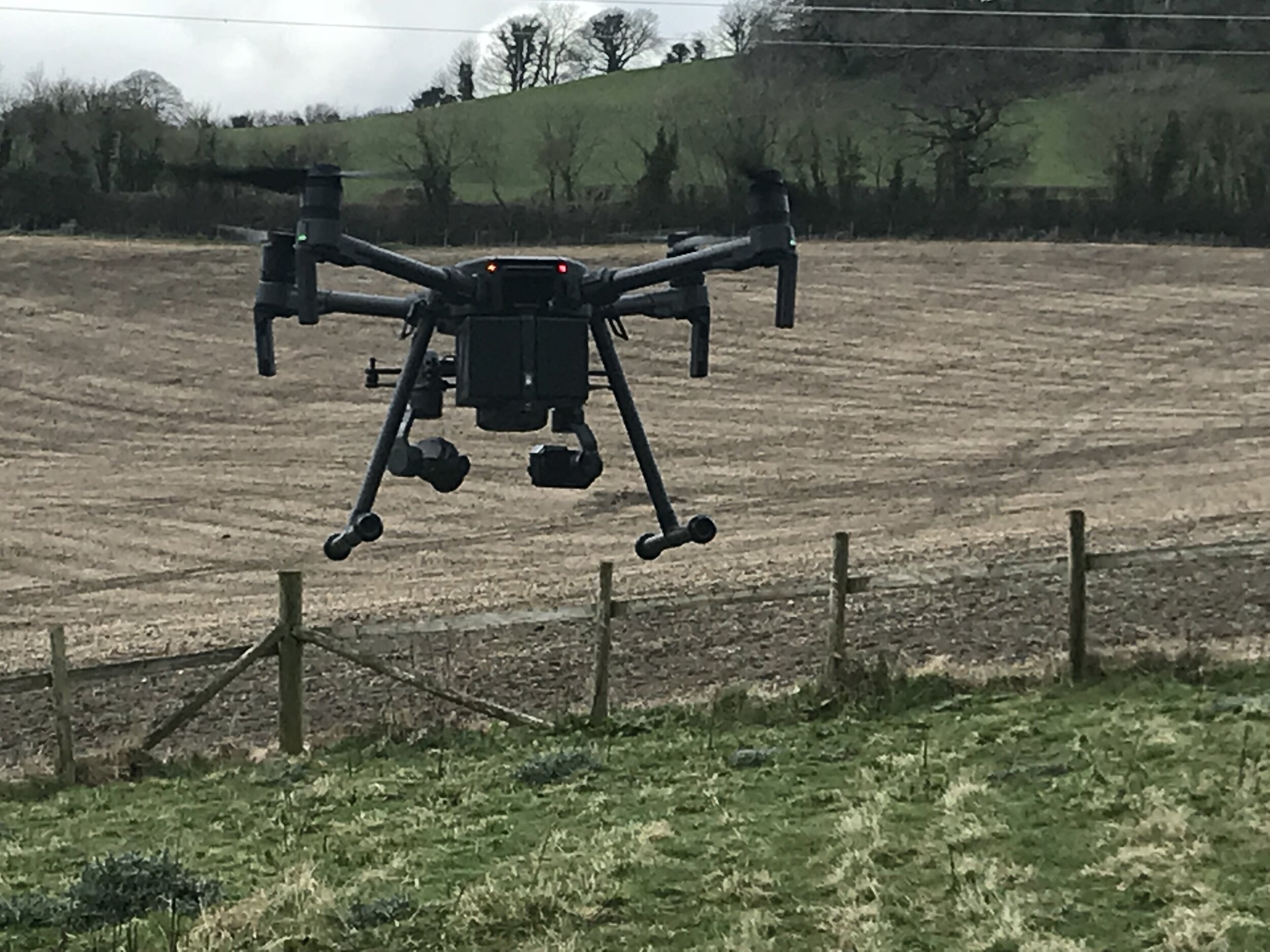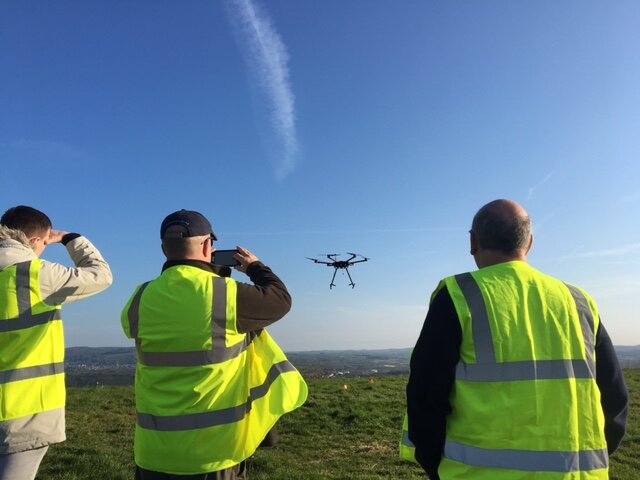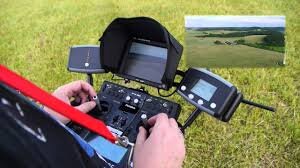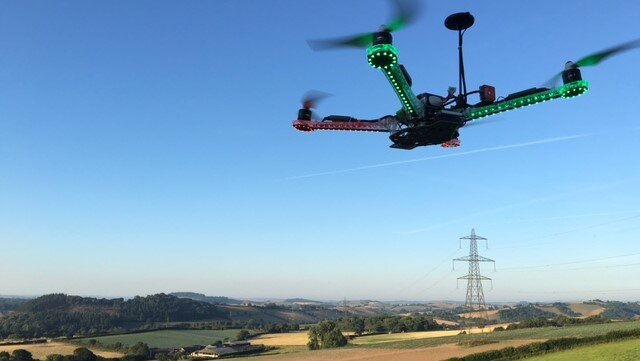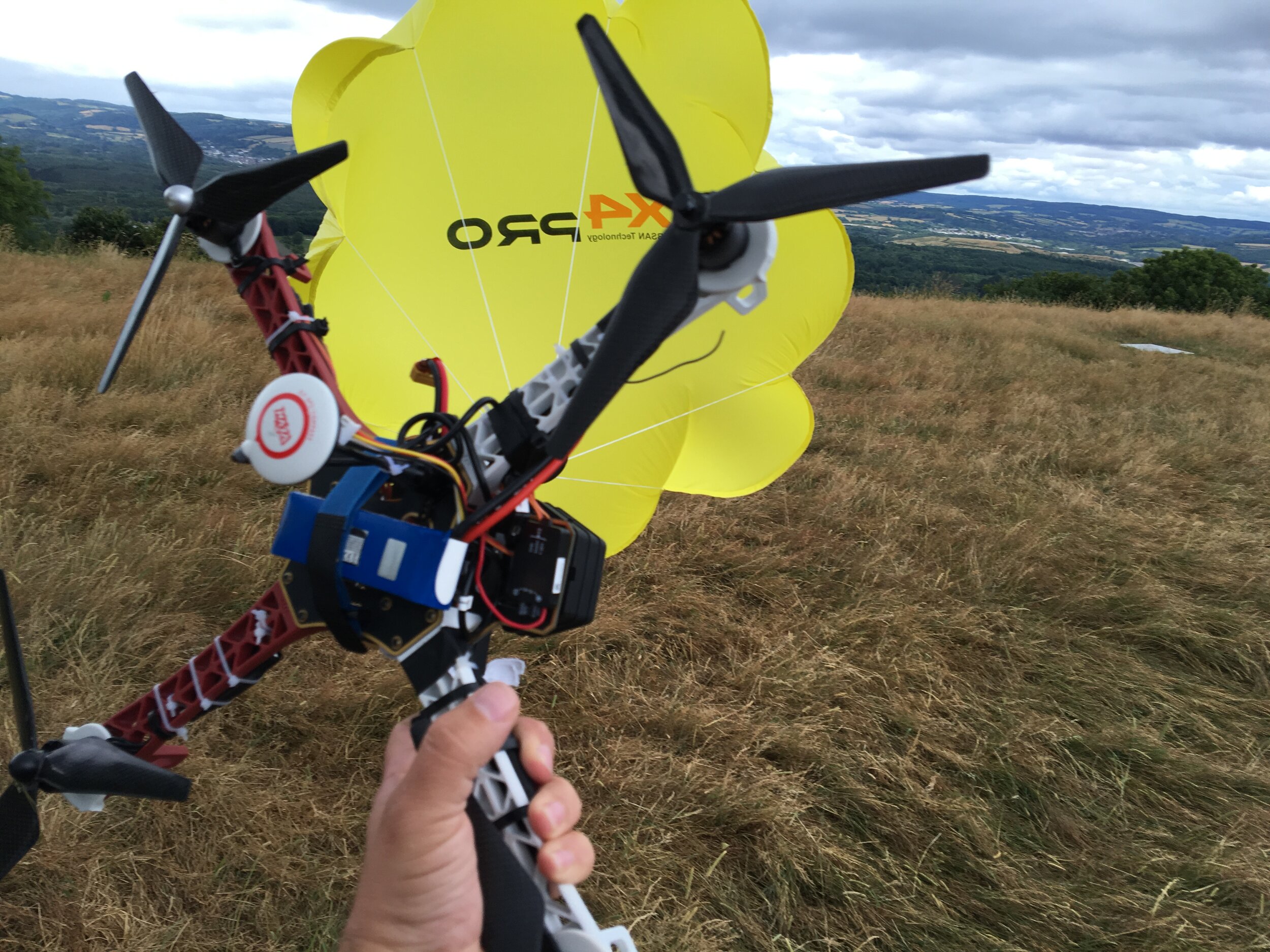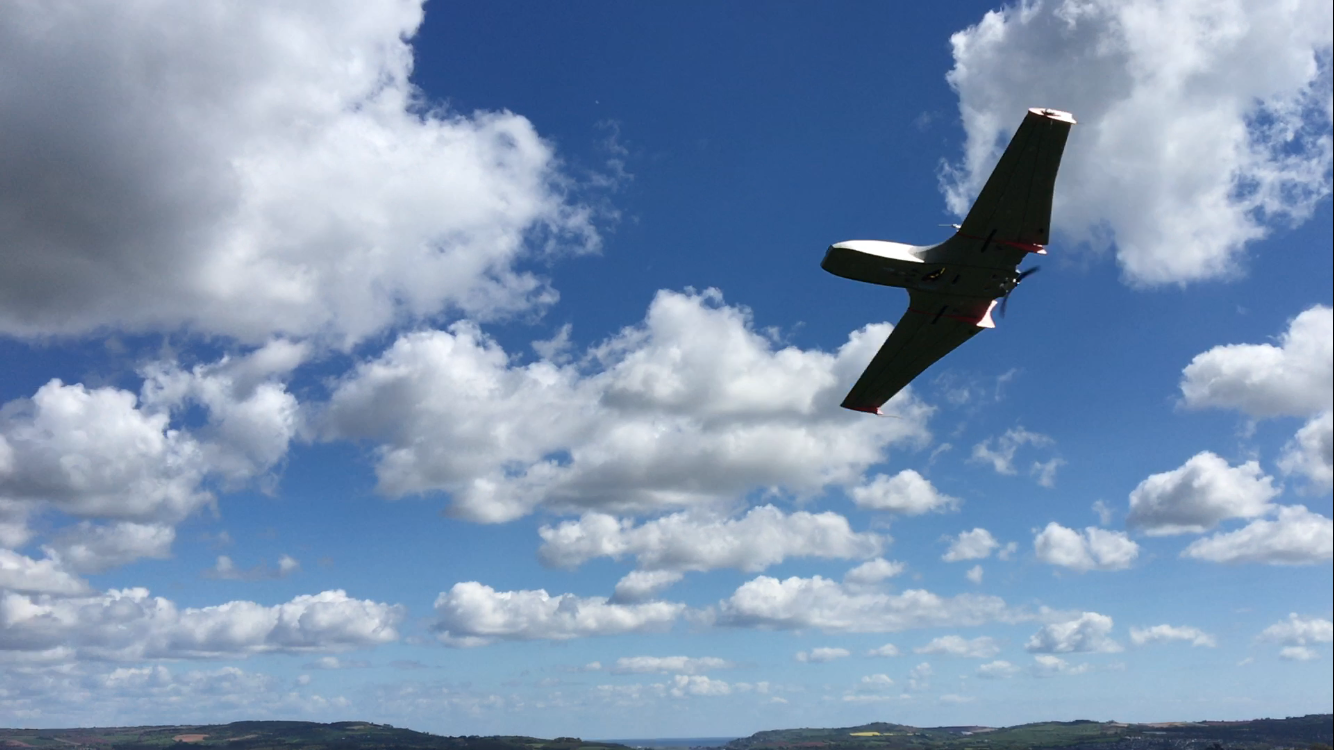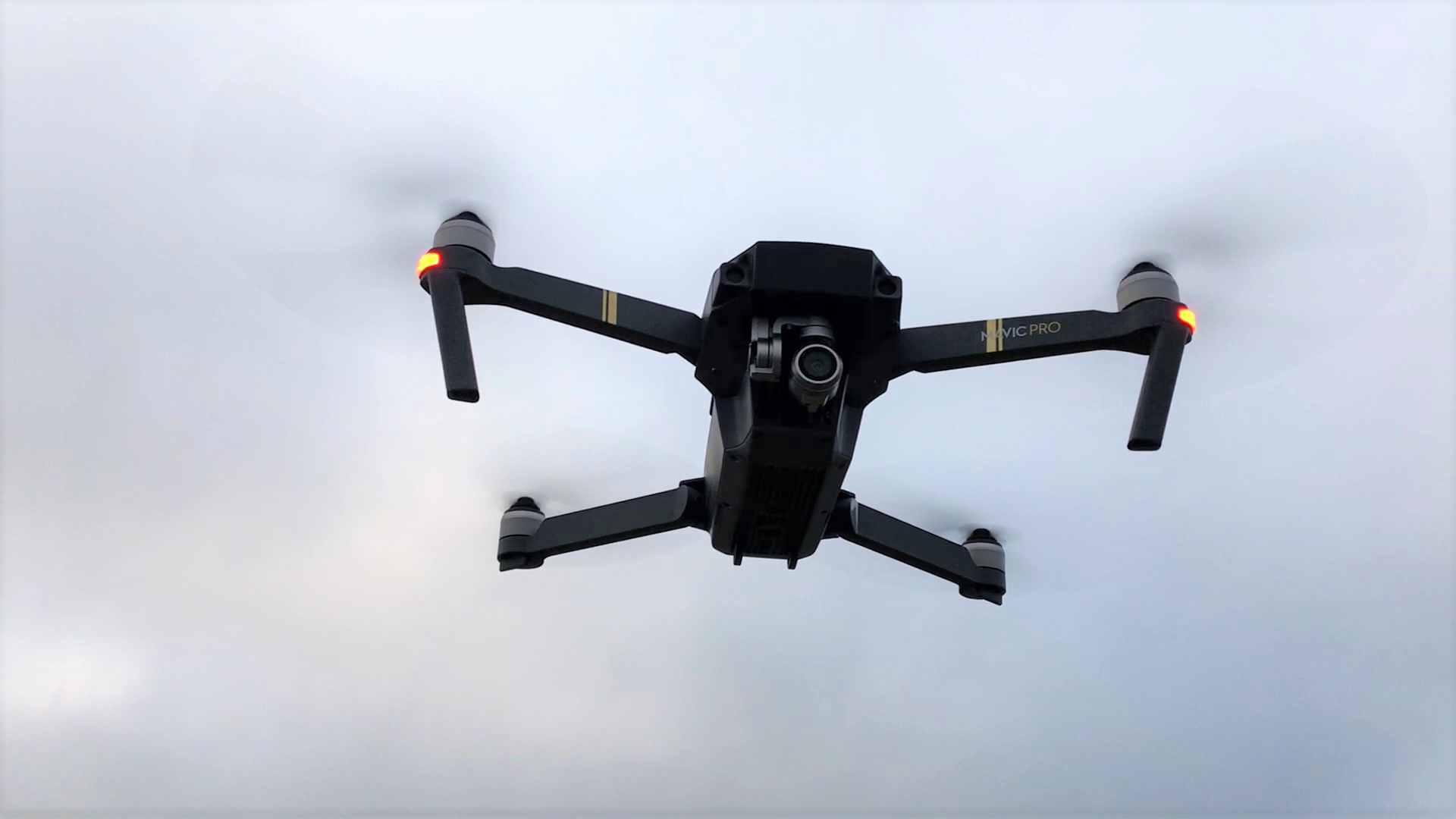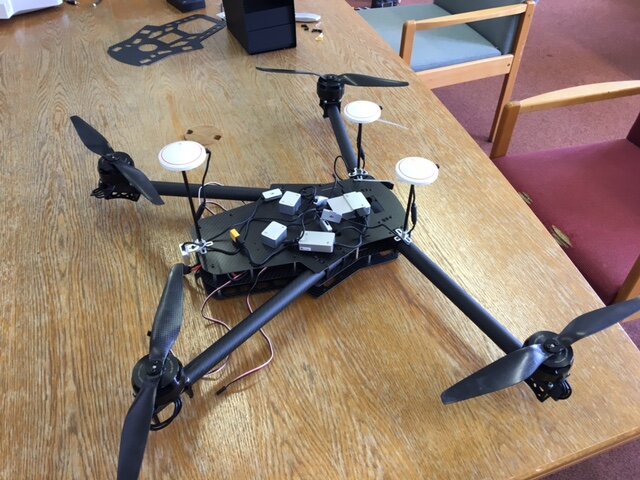A2 CofC Course online £99
The CDT online A2 CofC course consists of:
Over 2 hours of simple and concise online tuition using video & presentation techniques.
Your own online course summary page guiding and tracking your progress through the steps to complete your A2CofC.
Amendable Drone set-up checklist and emergency procedures.
A flight guide so you can quickly and efficiently complete and log the mandatory self-taught flight practice maneuvers
Flight planning, site-survey & risk assessment online video tutorials.
56 mock exam questions with instant feedback giving you the confidence to excel in the main exam.
Ongoing online support and advice related to your future commercial operations.
Massive loyalty discounts if you go onto book an online GVC course through us.
The video below explains the process the whole A2 CofC process from Payment to A2 CofC certificate issue
A2 CofC overview from initial booking to certificate issue.
The flying element of the course is undertaken by yourself, completing basic flight manoeuvres specified by CDT with your UAS (see below).
Once the theoretical and flying elements are complete CDT award you the A2 Certificate of Competence.
Once you have completed CDTs A2 CofC course you can: (With your present Drones Parrot, DJI, Foxtech etc.)
Fly 500g to 2kg drones within congested* areas down to 50m horizontally from uninvolved persons.
Fly under 500g drones in a congested* area with zero separation from uninvolved persons (though you may not fly directly overhead).
Have greater freedom to fly your UAS in congested* areas maximising earning potential with no ongoing recurring flight tests.
* A congested area is residential, commercial, industrial or recreational areas
The A2 Certificate of Competency (A2 CofC) online course is only £99 and our online A2 / GVC combined course is only £375. Your A2 Certificate of Competency (A2CofC) and GVC certificate is valid for five years.
If you have any questions about the new A2 Certificate of Competency (A2 CofC) contact Mike direct on 07889 767 398.
Legacy Drones
If your drone weighs between 250g and 2kg (like a DJI Phantom, Mavic 2, Mavic 3, Mavic enterprise etc. ) then getting your A2 Certificate of Competency (A2 CofC) will let you fly in congested areas, so long as you stay 50 metres horizontally or more away from 'uninvolved people'.
A2 CofC - Most Frequently Asked Question
As an RAE I am frequently contacted regarding our traditional A2 CofC ground school and online courses.
1. I need to fly my drone commercially and require a course under the new regulations, which CDT course should I take?
Firstly, you may not need to do a course at all. There is no requirement to hold a permission / authorisation from the UK CAA to make money from your drone.
The new drone rules are based around the risk your drone presents to uninvolved persons and how close you can fly to certain things like uninvolved persons and congested areas depends on the drone’s weight.
Therefore a drone operator with no formal training using a Mavic mini at under 250g would be allowed to fly near people in congested areas as its light and present little to no risk to people, whereas the same drone operator would not be able to fly a 20kg drone with such freedom and would be required to stay further away from people and congested areas.
The CDT A2 CofC course covers this but some useful reference materials are discussed below.
Please remember that a valid Flyer ID and Operator is required from the UK CAA to fly a UAS in the UK. Please follow the link below for more information.
Register and take the test to fly | UK Civil Aviation Authority (caa.co.uk)
The UK CAA has released CAP 2012 as seen below giving guidance on the distances a drone in the open category must stay away from uninvolved people.
Please feel free to contact us to discuss your requirements by emailing: info@commercialdronetraining.co.uk
For further information on drone flying please look at the official CAA website using the link below.
Introduction to drone flying and the UK rules | Civil Aviation Authority (caa.co.uk)
